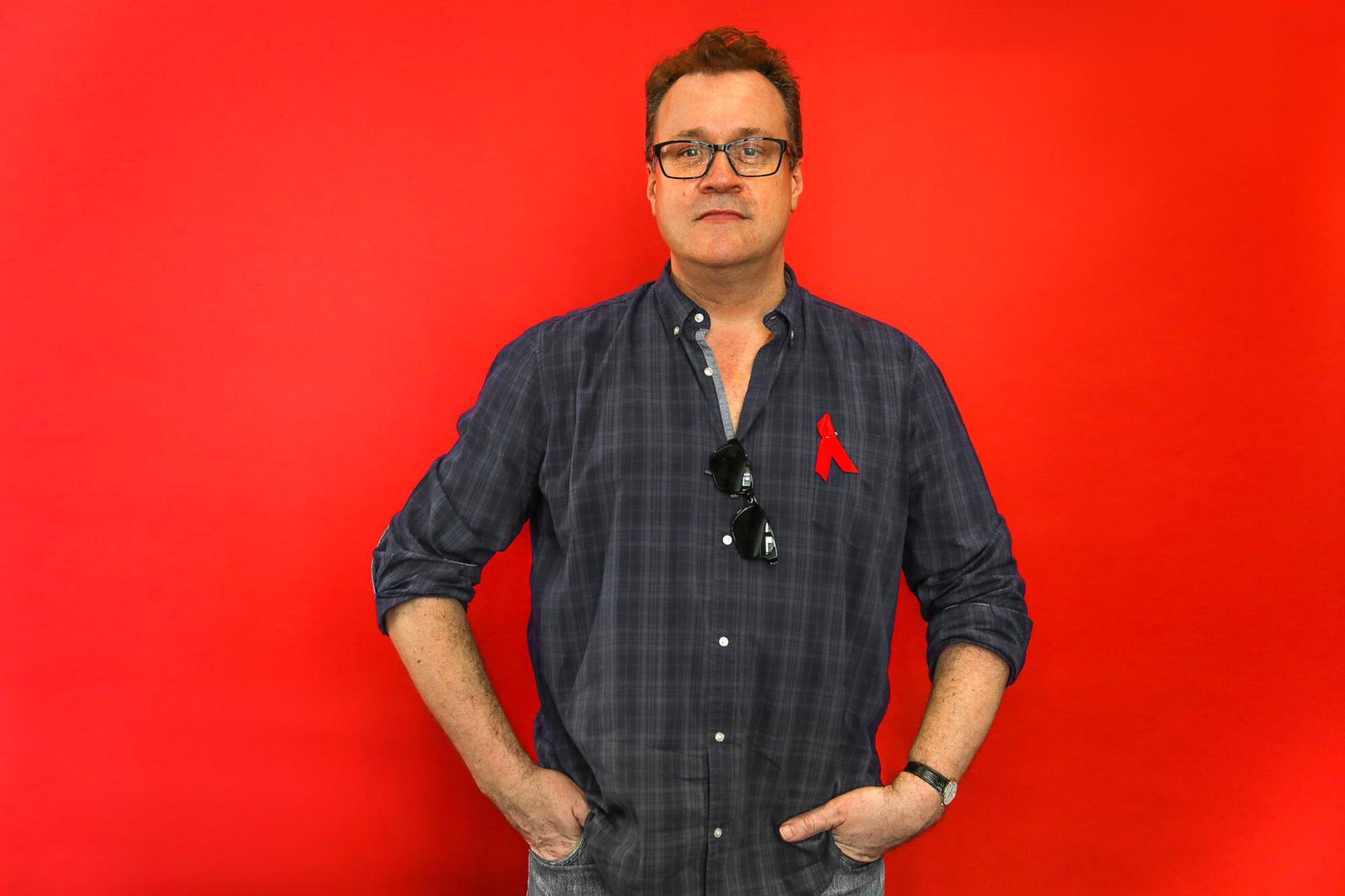Manchester’s fight against cancer gets boost with £1.5M research grant
- Written by I Love MCR
- Last updated 1 year ago
- Featured, Greater Manchester, People, Rochdale
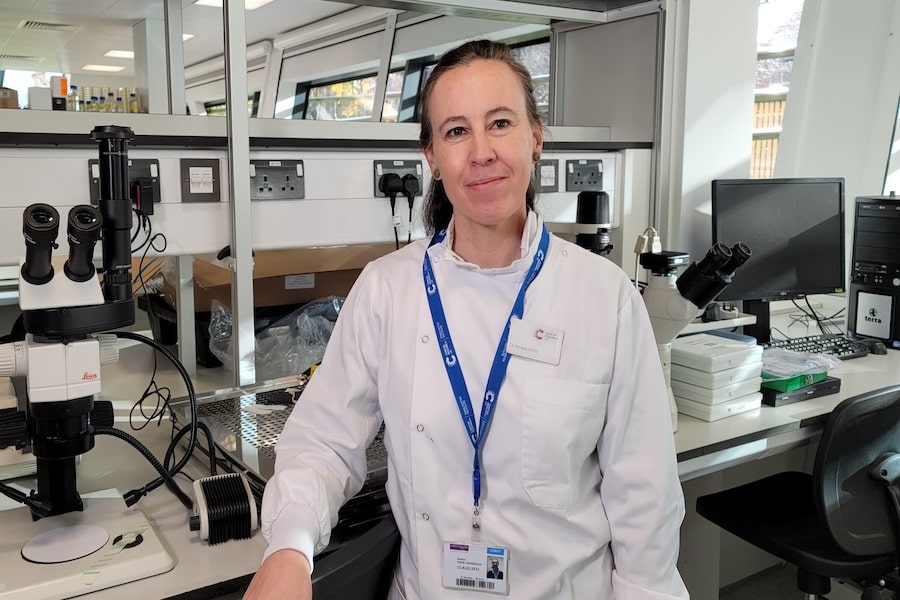
The funding will fuel a five-year study aimed at predicting and understanding the spread of melanoma, the most severe form of skin cancer. This research holds the potential to identify therapeutic targets and develop strategies to prevent the recurrence of melanoma.
A Cure for Skin Cancer
Dr. Amaya Viros, the recipient of the 2018 Rising Star Award from the European Society for Dermatological Research, leads a dedicated team delving into post-surgery treatment development for high-risk melanoma patients.
The study also explores the influence of ageing on melanoma progression. By examining melanoma in human and mice tissue samples exposed to diverse environments, the team seeks to identify cues predicting the potential spread of melanoma cells to other organs.
This research aims to unveil signals impacting disease progression and immunotherapy response, offering new metabolic and site-specific targets to impede progression and enhance treatment response.
Cancer Research UK’s Investment in Manchester
Iain Foulkes, Executive Director of Research and Innovation at Cancer Research UK, emphasised the vital role of the £1.5 million investment in Manchester’s expertise in melanoma.
The funding is anticipated to be a crucial step toward more targeted treatment, focusing on understanding how melanoma spreads throughout the body.
This knowledge is pivotal for predicting the spread of melanoma and developing strategies to halt disease progression, ultimately addressing one of the leading causes of cancer-related deaths.
Melanoma Cases on the Rise
As per recent analysis, the number of melanoma diagnoses in the UK has surged to a record 17,500 annually, with projections indicating a potential 50% increase over the next two decades.
Disturbingly, the North West alone sees 40 new melanoma cases every week, totalling over 2,000 cases annually.
Dr. Viros stressed the urgency of the situation, stating that while survival rates are improving, the continuous rise in melanoma cases necessitates additional tools to aid patients at risk of cancer metastasis, or the spread of cancer cells.
Stories from a Cancer Survivor
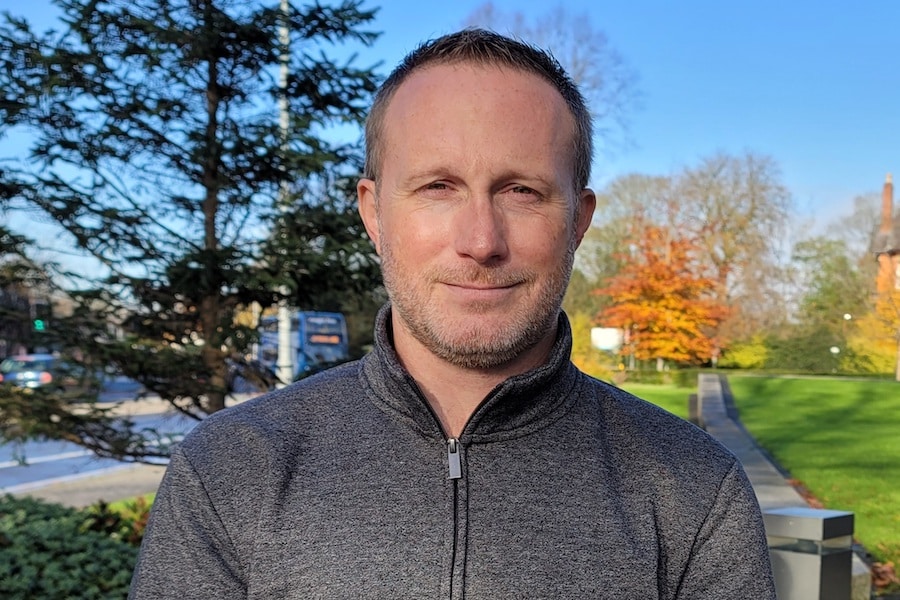
Andy Mount, a 40-year-old IT manager from Rochdale and melanoma survivor, underscores the importance of such groundbreaking research.
Diagnosed with stage three melanoma at 27, Mount recalls the shock and fear of his diagnosis. Having successfully battled melanoma in 2011, he continues to undergo regular monitoring with his dermatologist.
Speaking to I Love MCR, he said: “Being diagnosed with stage three melanoma at 27 was a huge shock to me.
“I do feel lucky to be alive.
“My experience was frightening, and I still see my dermatologist every six months for my remaining moles to be monitored.
“This study could benefit people like me.
“By finding out more about how melanoma can spread it could further improve treatments and ultimately help to save more lives of those people diagnosed with melanoma in the future.”
Mount welcomes the study, expressing hope that a deeper understanding of melanoma spread could enhance treatments and save more lives in the future.
- This article was last updated 1 year ago.
- It was first published on 6 December 2023 and is subject to be updated from time to time. Please refresh or return to see the latest version.
Did we miss something? Let us know: [email protected]
Want to be the first to receive all the latest news stories, what’s on and events from the heart of Manchester? Sign up here.
Manchester is a successful city, but many people suffer. I Love Manchester helps raise awareness and funds to help improve the lives and prospects of people across Greater Manchester – and we can’t do it without your help. So please support us with what you can so we can continue to spread the love. Thank you in advance!
An email you’ll love. Subscribe to our newsletter to get the latest news stories delivered direct to your inbox.
Got a story worth sharing?
What’s the story? We are all ears when it comes to positive news and inspiring stories. You can send story ideas to [email protected]
While we can’t guarantee to publish everything, we will always consider any enquiry or idea that promotes:
- Independent new openings
- Human interest
- Not-for-profit organisations
- Community Interest Companies (CiCs) and projects
- Charities and charitable initiatives
- Affordability and offers saving people over 20%
For anything else, don’t hesitate to get in touch with us about advertorials (from £350+VAT) and advertising opportunities: [email protected]
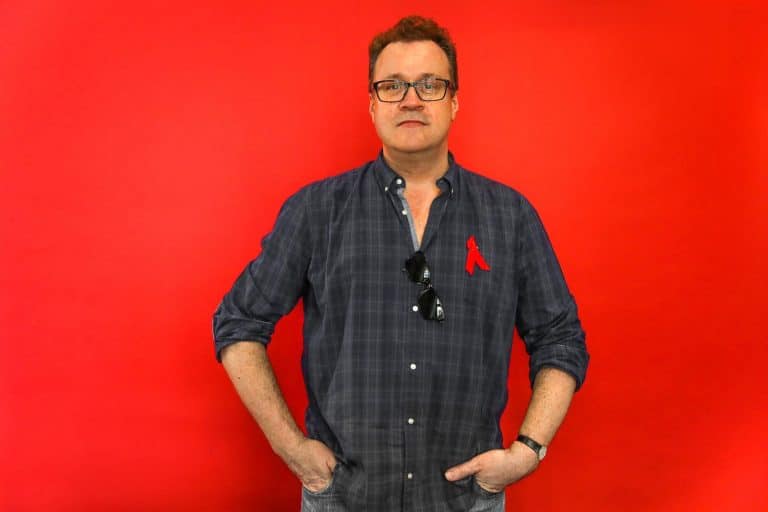
Legendary Queer as Folk writer returns to Canal Street for new series
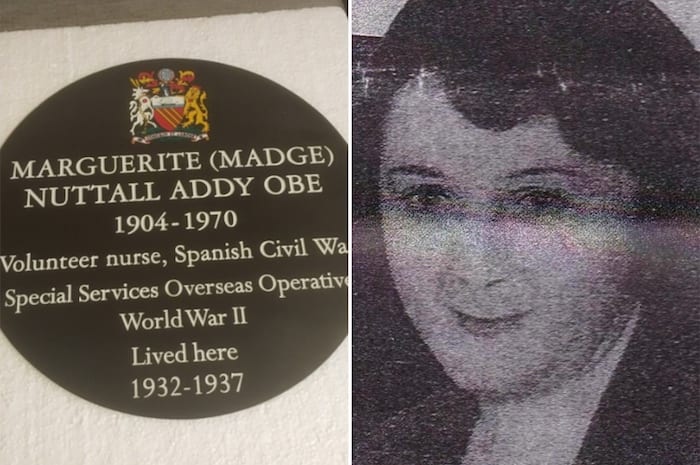
The incredible story of a Manchester nurse turned international spy

Piccadilly’s forgotten railway arches in line for £1.7 billion renovation


Hydration, motivation, and celebration: how to get ready for the Great Manchester Run







